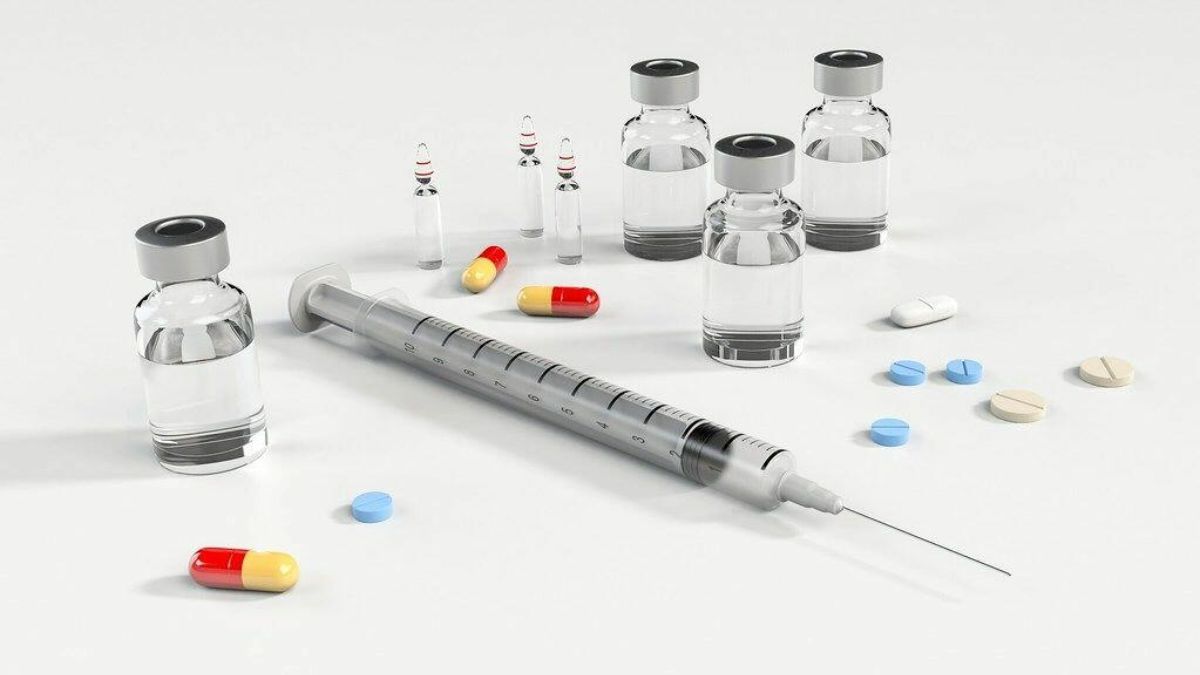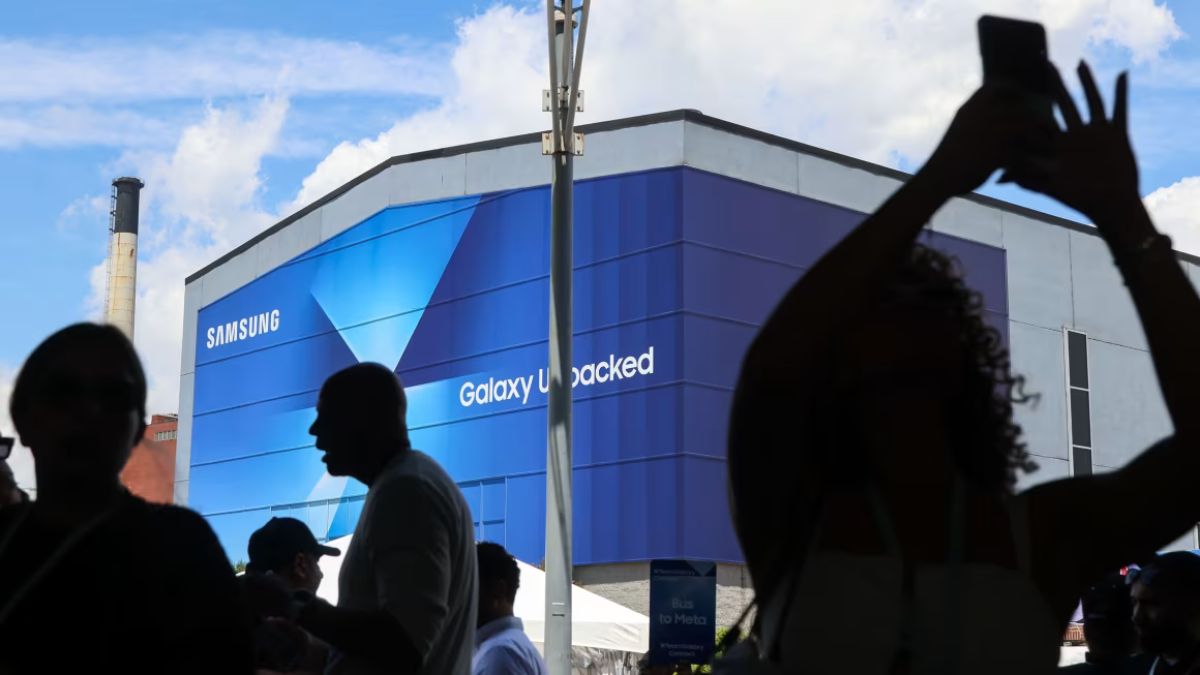Pharmaceutical companies can continue to charge high prices for many Medicare drugs, despite a program meant to negotiate lower costs. Congress recently changed the rules, exempting or delaying price negotiations for more than 300 medications. This includes 17 of the top 50 drugs in Medicare spending.
The Medicare Drug Price Negotiation Program, approved in 2022, allows the federal government to negotiate prices for some medications. So far, no drug prices have been lowered. The first round of negotiated prices will begin in January 2026, covering only 10 out of more than 8,800 Medicare medications.
Orphan drugs, which treat rare diseases affecting fewer than 200,000 people, have always been exempt. These drugs can be very costly to develop, sometimes reaching up to $2 billion. Congress says exemptions help encourage research for rare diseases.
The recent “One Big Beautiful Bill Act” expanded these exemptions. It allows more drugs to qualify as orphan drugs and delays price negotiations for drugs that later treat common diseases. This change affects 82 additional drugs and delays negotiations on 233 others.
These medications make up only 3.6% of Medicare drugs but account for nearly a quarter of Medicare’s $211 billion drug spending in 2022. Examples include Darzalex, Venclexta, Keytruda, Opdivo, and Yervoy. Some of these drugs have cost the federal government billions of dollars over the last five years.
Some critics call these changes a “handout” to pharmaceutical companies. Patient advocates note that the industry already receives incentives, including tax credits and priority review vouchers. Still, drug makers argue these rules are needed to continue research and development of new medicines.











